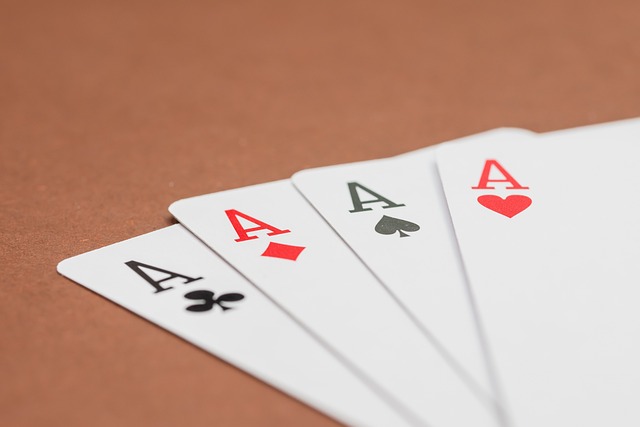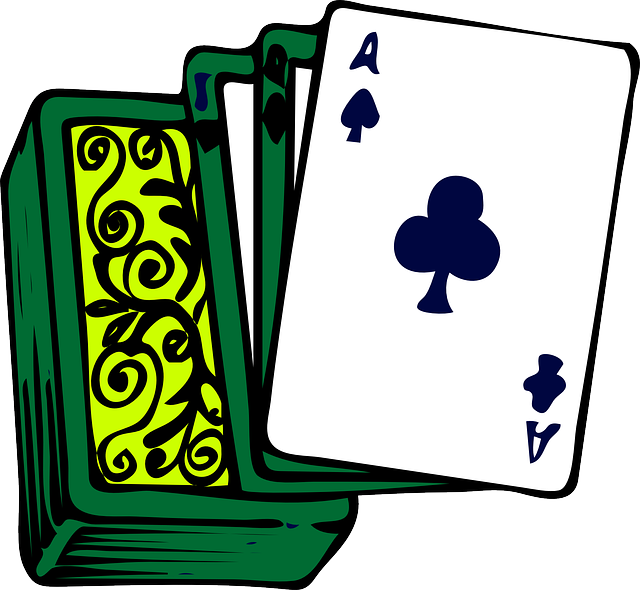Mastering Poker Tournaments requires understanding structured stages, adapting strategies based on table dynamics, and balancing risk & reward according to specific rules like blind increases and re-entry policies. Before participating, create a strategic plan that includes hand selection, odds calculation, bankroll management, and building psychological strength through reading opponents and emotional control. Effective preparation involves studying past results, understanding common traps, and practicing table dynamics. Emotional intelligence is crucial for success in this dynamic environment.
Looking to conquer the world of Poker Tournaments? This comprehensive guide is your roadmap to success. From understanding the intricate tournament structure and rules, to crafting a winning pre-tournament strategy, and mastering the art of play – we’ve got you covered. Discover proven tactics and insights from seasoned pros to elevate your game. Elevate your poker prowess and start winning big at Poker Tournaments today!
- Understanding Tournament Structure and Rules
- Building a Solid Pre-Tournament Strategy
- Mastering the Art of Playing and Winning
Understanding Tournament Structure and Rules

Understanding the structure and rules of Poker Tournaments is a fundamental first step for any player aiming to succeed. These events differ from cash games in their predetermined structures, with stages like blind levels, bust-out points, and eventual prize distributions. Knowing when to play aggressively, when to be conservative, and how to adapt strategies based on table dynamics becomes crucial.
Each Poker Tournament has its own set of rules, including blind increases, re-entry policies, and chip structures. Players must quickly learn to navigate these variations, making strategic decisions that balance risk and reward. Staying informed about the current tournament’s specificities is key to staying ahead of the competition within the dynamic environment of Poker Tournaments.
Building a Solid Pre-Tournament Strategy

Before stepping into a poker tournament, crafting a strategic plan is vital for success in Poker Tournaments. This involves several key considerations: understanding your playing style and adapting it to the tournament format, evaluating starting hand selection based on position at the table, and calculating potential odds to make informed decisions. A solid pre-tournament strategy also entails recognizing the importance of bankroll management—knowing when to fold, call, or raise while keeping a keen eye on blind structures.
Additionally, building a psychological edge is crucial. This includes reading your opponents, maintaining discipline, and controlling emotions. Players should aim to remain calm under pressure, quickly assess changes in gameplay, and adapt their strategy accordingly. Effective preparation involves studying past tournament results, understanding common traps, and practicing table dynamics to arrive at the event well-informed and ready to compete effectively against fellow poker enthusiasts.
Mastering the Art of Playing and Winning

Mastering the art of playing and winning poker tournaments requires a blend of skill, strategy, and mental fortitude. It’s more than just knowing your cards; it’s understanding the dynamics of the game at every table. In Poker Tournaments, each player must adapt to their position, read their opponents, and make calculated risks. Effective hand selection is key; playing too many hands can lead to unnecessary losses, while a selective approach allows for stronger bets when the right opportunities arise.
Beyond individual skill, successful poker tournaments hinge on emotional intelligence. Maintaining composure under pressure is vital. Players who let their emotions dictate their moves often make costly mistakes. Cultivate a steely calmness, allowing you to think clearly and react rationally, even after facing several defeats. This mental resilience is what sets apart the champions from the rest in the high-stakes world of Poker Tournaments.
Winning poker tournaments requires a blend of strategic thinking, skill, and adaptability. By understanding the tournament structure, crafting a robust pre-tournament strategy, and mastering the art of play, you’ll be well on your way to success in Poker Tournaments. Remember, consistent practice and a willingness to learn from each hand are key to becoming a champion.






